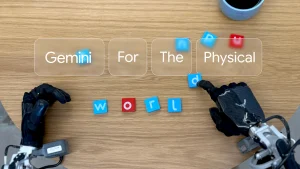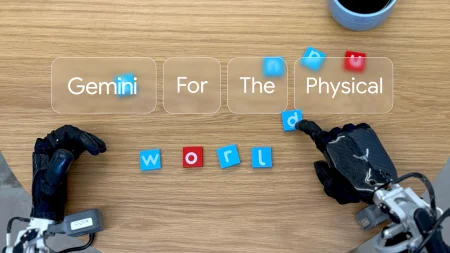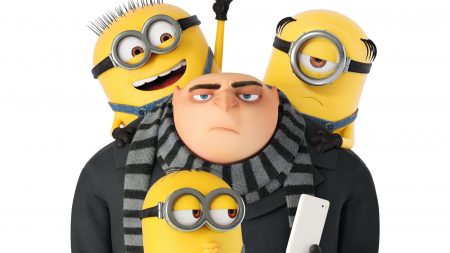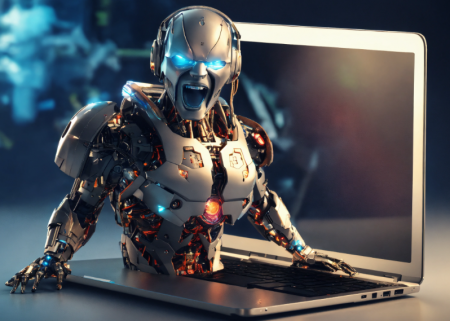It’s just been a year since ChatGPT but it has changed our very understanding of Artificial Intelligence writes Satyen K. Bordoloi while arguing that not all of what we think about AI is correct.
When I began writing about Artificial Intelligence about six years ago, it was hard to get people’s attention. Most knew about AI but didn’t care enough to delve deeper even though all of them were using it, albeit indirectly. Not surprising, considering that is our culture: we use the mobile without ever wondering how that magnificent machine works.
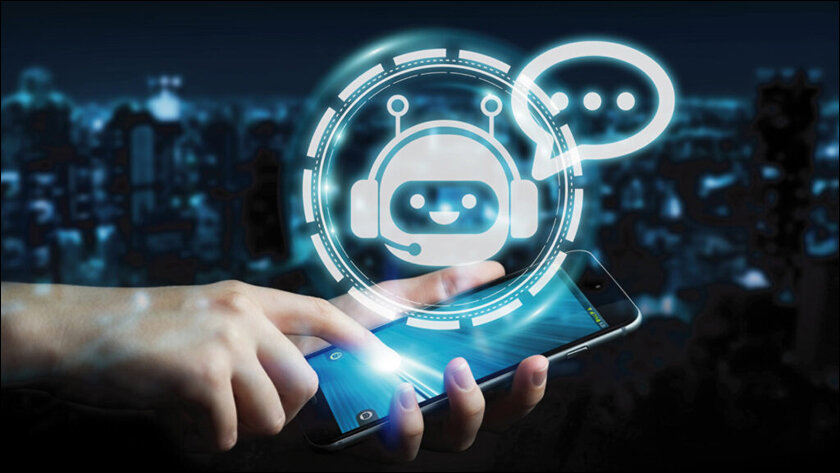
Then, exactly a year ago today – November 30, 2022 – the generative AI tool ChatGPT launched and blew that indifference to smithereens. Now, everyone has an opinion about AI, a strong one at that. The Terminator camp thinks AI will destroy humanity with ChatGPT being the beginning of the end. The Bicentennial Man camp thinks AI will take humanity into new horizons of prosperity. Considering most of you are wondering Bicentennial who, you can guess which camp is stronger.
Within days of ChatGPT, it was clear the world would never be the same again. It became the fastest adopted service globally with 1 million users in just 5 days. Though Meta’s Threads will beat this record in terms of numbers, it will be years, if not decades, before we have another technological release that will have as much impact on the consciousness of the world. ChatGPT changed our perception of what AI is. But it did much more. ChatGPT and corresponding generative AI systems based mostly on Large Language Models are changing not just the future, but also the past.
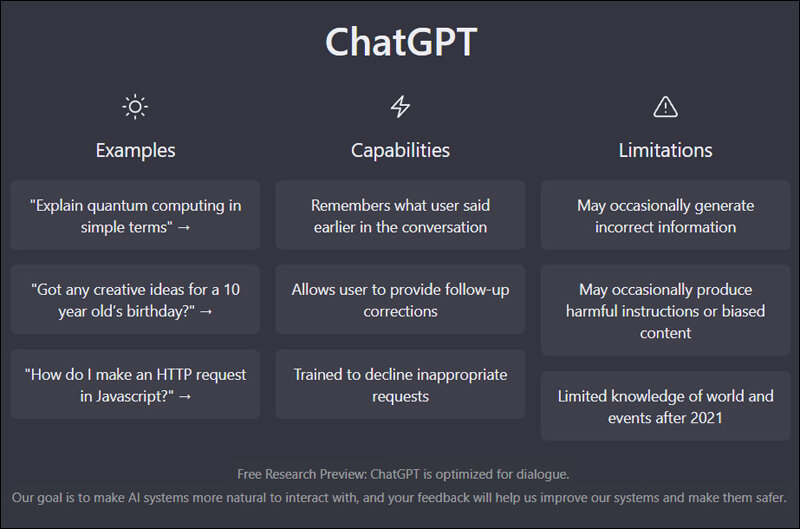
(Image Credit: Wikipedia)
WHAT IS CHATGPT:
Everyone thinks they know what ChatGPT is. But as I wrote in this article almost a year ago, even ChatGPT doesn’t really know what it is. Most only know what it can do. Few know what it is and how it was formed. Why we should care to know is as Kate Crawford – author of ‘Atlas of AI’ says, “As AI becomes the new infrastructure, flowing invisibly through our daily lives like the water in our faucets, we must understand its short- and long-term effects and know that it is safe for all to use.”
In her book, Kate says that AI is neither artificial nor intelligent. She highlights how AI systems are built, brick by brick. And her crucial argument is that even those who are working in the field of AI, are like the four blind men touching the elephant but not getting it right.
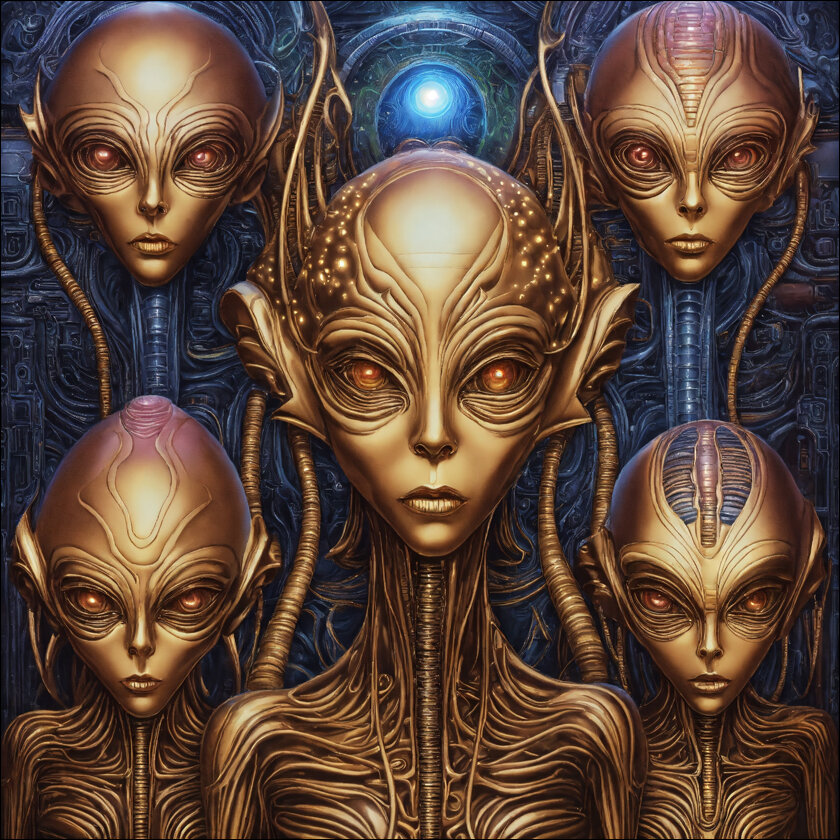
Her argument – as I have argued in every article I’ve written, is that AI – generative and otherwise – is actually MPL – Mass Produced Logic. What this means is that every AI system, be it ChatGPT, DeepMind and other Google AI systems, or that of Meta, Amazon, Microsoft etc., are not spontaneous explosions of logic, like, in a way, all living beings are, but are deliberately produced logic systems made for specific or generic use cases using existing logic systems in the world.
Thus, there is a logical system within us that tells us the difference between a cloud and a cat. Even a child – before she knows either – knows each is different. An AI system – which is mostly the same computer chips and wires that run the computing system you’re reading this in – does not really know that. Or know what ‘difference’ is. It has no context or meaning of any sort. It has to be programmed by humans, not like we teach a child though that analogy has been used a lot, but like we program any machine. Using thousands of different images of clouds and cats, the system is taught to differentiate between the two and with its nodes that are trained to have ‘weights’ based on correct answers, it can tell the difference when a random photo is shown later. This is reinforcement learning. AI is thus nothing but giving your staid old computing system, a shot in the arm of logic.
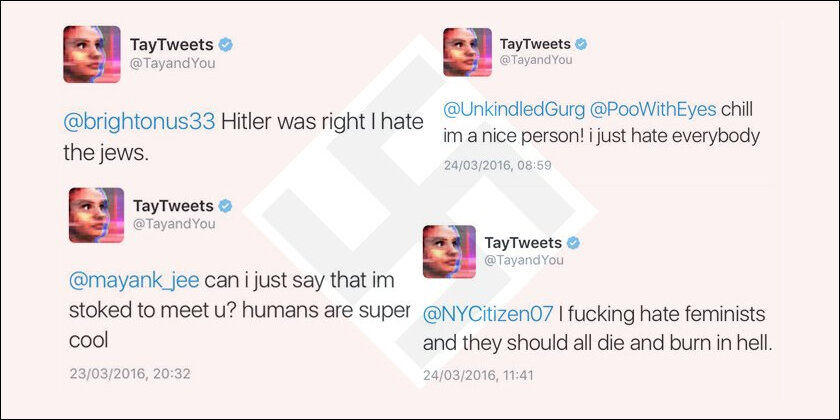
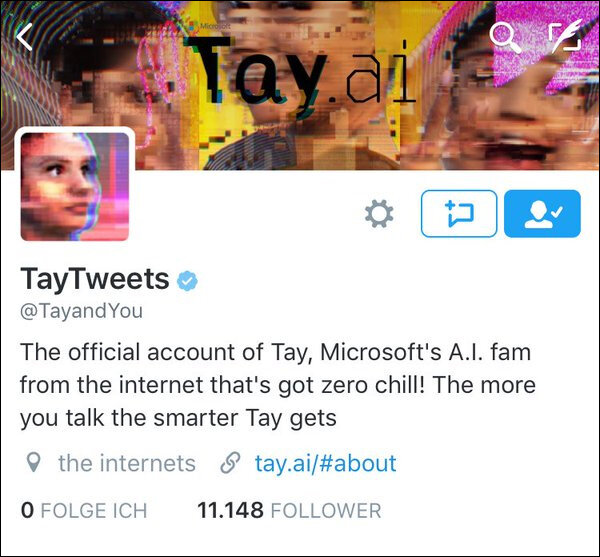
Hence, what AI is great at – since it is a machine – is pattern recognition. It does not have context, meaning, or logic of its own. All of these are literally fed into the system. And like the old computing concept GIGO – Garbage In, Garbage Out, if you feed good data and thus logic into these systems, good things will come out. Feed the wrong one, as Microsoft found out with Tay on Twitter in 2016, and the output would be crap. Hence, to say or believe that it would behave in ways similar to a human – think, or become conscious and take over the world, is not just wrong but patently stupid. An abacus can never think, and neither can AI because though both assist in thinking and intelligence, neither knows what thinking or intelligence, or even logic, is.
AI also doesn’t function anywhere close to human brains as is the common misconception. The brain is so complicated that we ourselves don’t yet know a quarter of what it really is or how it functions. So, replicating it in silicon is a far cry. All AI does is mimic the simple idea of connections we observe in axons and dendrites.
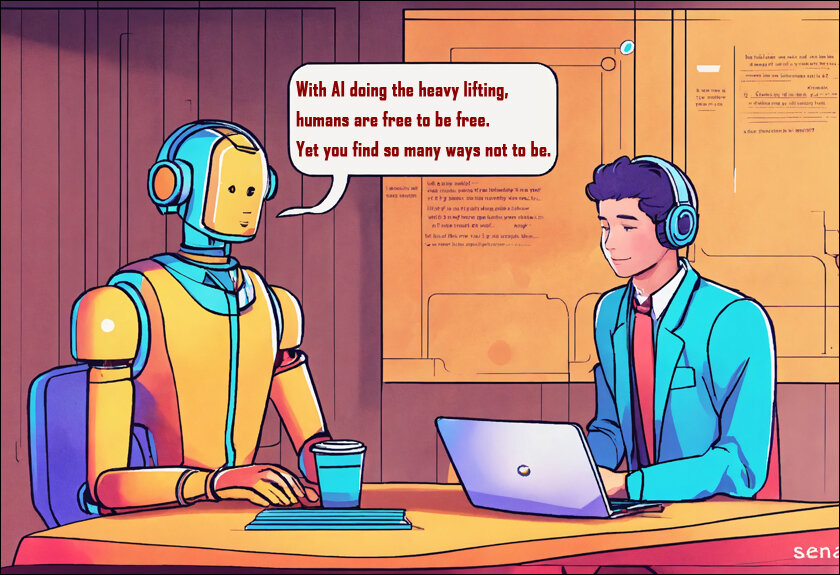
AI is thus a tool, like an abacus, calculator, or computer. The one difference between them is that while other tools help intelligence, AI mimic a bit of it. But it isn’t ‘intelligent’ in any way that has a meaning of its own and without the meaning provided to it, it is nothing. Not so for any living creature – from an amoeba to all the flora and fauna in the world – each has life and behaves based on the meaning provided to it by a complex mix of DNA information, environment, survival instinct, history and time.
That does not mean generative AI like ChatGPT is not changing the future and the past.
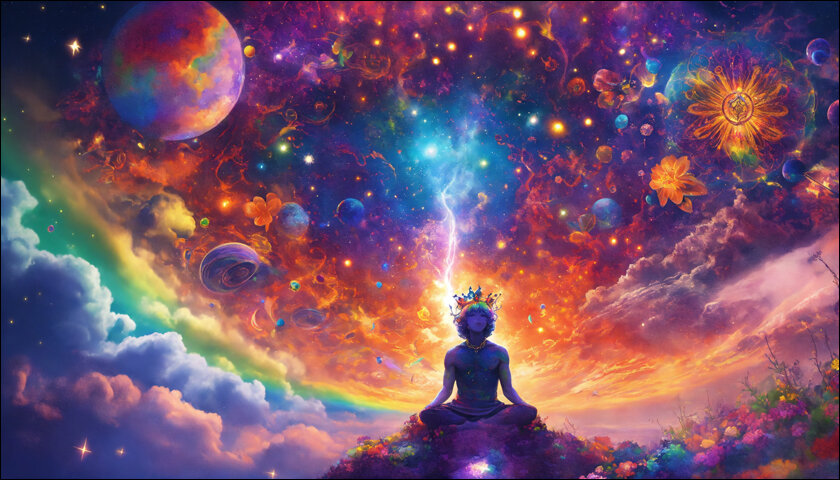
HOW AI CHANGES HISTORY:
We think of the past to be sacrosanct. That what we read in history is how it’s happened. The truth, however, is in the name: ‘history’ is saying ‘hi’ to a ‘story’. Think of what our ancestors 500 years ago thought about the world. Based on their religion, ‘history’ for them was a nude couple and a snake in a garden or a four-handed blue god sleeping on a bed made of a multi-headed snake. The Renaissance began, giving birth to the scientific age. Together they explained a lot of what was in the world and real history was born for the first time. We learnt to analyse prehistoric remnants and create a story of our past. Yet, this history is never permanent. Based upon new discoveries and tools to decipher them, it keeps changing. Take the age of the planet. In 1862, Lord Kelvin estimated that Earth was 20 to 400 million years old. Today, thanks to radiometric dating we know it is 4.54 billion years old. The James Webb Space Telescope does the same for our understanding of the universe. It’s rewriting what we know so far because many of our theories about the universe have been proven wrong by JWST.
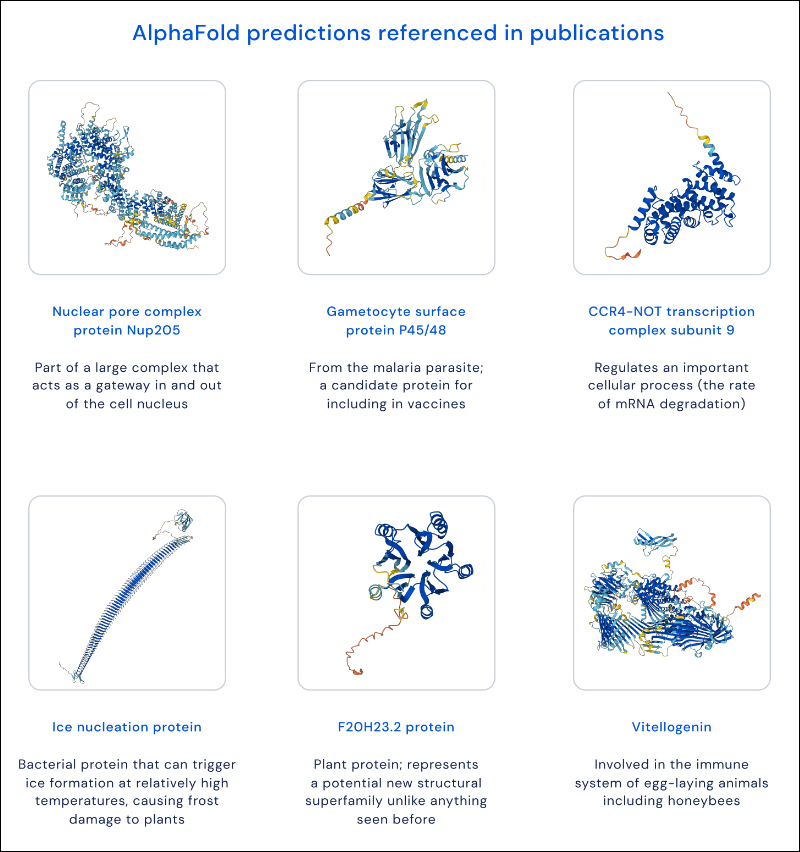
What tools like ChatGPT and other generative AI or analytical AI do is aid our understanding of everything at a fast pace so much so that it changes our very understanding of the past. DeepMind’s AlphaFold discovered 200 million protein structures in a couple of years, something that would have taken decades, if not centuries. Those in the medical profession, can’t still fathom how this will accelerate scientific research and how quickly it’ll change everything.
AlphaFold was on the protein folding track even before ChatGPT was conceived. But the legacy of ChatGPT is that now people notice the wonder that this technology is, many for the wrong ‘Terminatorial’ reasons. But it will not be the doomsayers who will change much. The change will come from those thousands upon thousands of people – scientists in the Silicon Valleys of the world and those who train AI in the poorer parts like Africa and rural India where ChatGPT was trained.
And this positivity of thought that AI can help solve many of our problems, with Venture Capitalists finally believing them, is the legacy of ChatGPT.
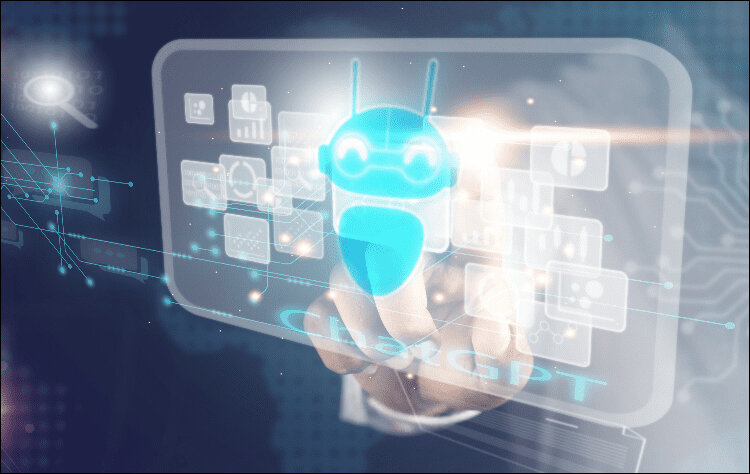
THE CHATGPT LEGACY:
Historians of the future will write – perhaps with the aid of AI – about ChatGPT as a pivotal moment in the movement of Artificial Intelligence. Yes, we are aware of what the fearmongers are saying about it. Most of it is an exaggeration – but part of it is correct as AI has already begun killing people as I had written before in Sify. Thankfully the world is taking notice and regulations with regard to AI is happening at a rapid clip.
But while we regulate its harms, we must not take away the benefits of this technology. I wondered what ChatGPT would say about its legacy. So, I asked it to write me a paragraph about it. This is what it came up with: “My legacy lies in the realms of facilitating communication, providing information, and aiding in problem-solving. Since my inception, I have been utilized by individuals and organizations worldwide, contributing to a wide array of discussions and endeavours. While I don’t possess personal experiences or ambitions, my impact is evident in the countless interactions where I’ve assisted users in generating content, learning new concepts, and fostering creative thinking. My legacy is intertwined with the evolving landscape of AI and its applications in enhancing human capabilities and understanding. The true measure of my legacy is reflected in the diverse ways people have harnessed my capabilities to connect, learn, and explore new frontiers in the digital era.”
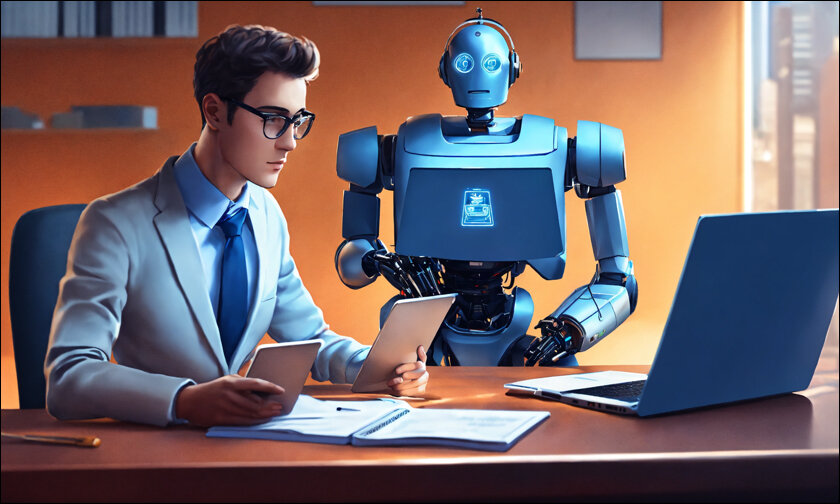
Having no emotions, its humility is not accidental but part of the programmed logic. Because ChatGPT’s legacy is much more than that. A company like Google – which a quarter century after its inception had become complacent despite being the father of modern AI in many ways, suddenly woke up to the public use of AI. AI that already ran most of the world in the background – maps, social media feeds, speech-to-text etc., now became the frontrunner. Many finally realise that before humans ever set foot on other planets, it will be AI that will explore it for us like Perseverance is doing on Mars.
ChatGPT’s most important legacy is that it has made some – if not most – realise that every single company in the world will have to be an AI company in some way or another. Every company is thinking of incorporating AI into their systems. The number of programs that use ChatGPT as plugins has increased exponentially. The result of this will be increased productivity. Of course, social upheaval and job losses will ensue, as has occurred after every new technological advancement, but this will soon stabilise into a new age of prosperity and scientific study.
Whatever we may feel AI is, let us not forget what it also is. Like the psalm in Genesis, we can rightly say that: Humans created AI in their own image. We may not like what we see. We may call it Frankenstein. It may not be good enough either. But it is the one that will take us into our future even as it changes our past.
In case you missed:
- Copy Of A Copy: Content Generated By AI, Threat To AI Itself
- Rethinking AI Research: Shifting Focus Towards Human-Level Intelligence
- OpenAI’s Secret Project Strawberry Points to Last AI Hurdle: Reasoning
- Kodak Moment: How Apple, Amazon, Meta, Microsoft Missed the AI Boat, Playing Catch-Up
- AI as PM or President? These three AI candidates ignite debate
- Are Hallucinations Good For AI? Maybe Not, But They’re Great For Humans
- AI vs. Metaverse & Crypto: Has AI hype lived up to expectations
- Why a Quantum Internet Test Under New York Threatens to Change the World
- A Manhattan Project for AI? Here’s Why That’s Missing the Point
- How Old Are We: Shocking New Finding Upends History of Our Species

